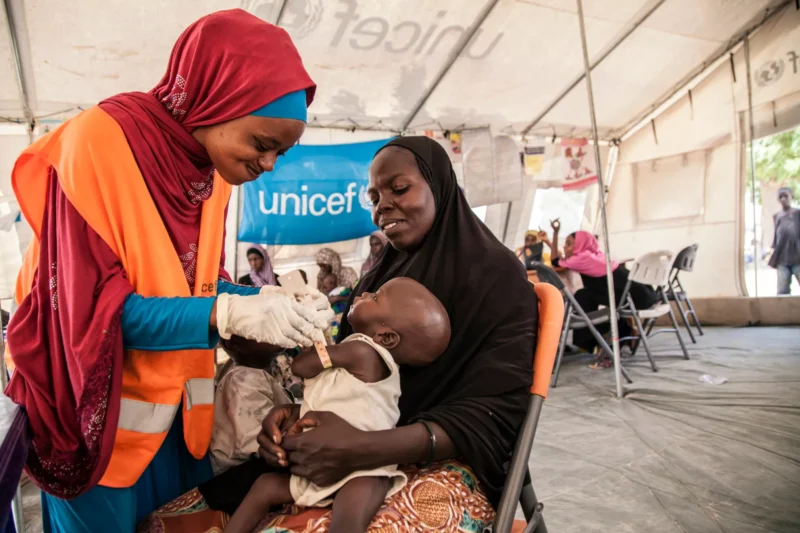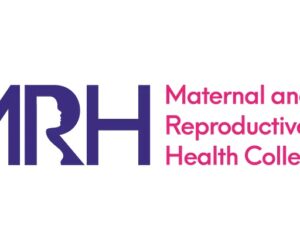-
MSF raises alarm as malnutrition crisis overwhelms health facilities in Borno
By Paul Orude, Bauchi
The United Nations has estimated that 2.5 million children in the North East region, particularly Borno State, are at risk of acute malnutrition.
This is as even Doctors Without Borders/Médecins Sans Frontières (MSF) has urgently scaled up its medical response in Maiduguri, Borno State, as a sharp surge in malnutrition cases and measles outbreaks continue to overwhelm local health facilities.
MSF is calling on Nigerian health authorities and international humanitarian partners to urgently address the growing shortages in medical supplies and staffing.
The organisation also emphasises the need to strengthen community-level health systems to prevent further deterioration in child health and nutrition.
Since late August, MSF-supported centres have seen a dramatic increase in admissions, forcing the organisation to expand bed capacity at its Inpatient Therapeutic Feeding Centre (ITFC) at Nilefa Kiji Hospital.
The emergency facility, which doubled its capacity by early September, recorded more than 85 new admissions per day by the third week of the month.
“A month ago, we witnessed a worrying increase in admissions, compounded by a surge in measles cases,” said MSF Project Coordinator Daniela Batista.
“Our isolation units for measles patients were quickly filled, and even the additional space we opened reached capacity.
“Now, those units remain around 70 percent full.”
In Shuwari, MSF teams treated 3,265 malnourished children between August and early September and referred over 1,500 others for continued care.
MSF says more than 625 malnourished children were also treated for measles, a disease closely linked to malnutrition and one that can further weaken vulnerable immune systems.
The worsening crisis comes at a time of declining global humanitarian funding, which has led several aid organisations to scale back or withdraw nutritional support services in Maiduguri.
This has significantly reduced access to life-saving outpatient care for malnourished children.
Essential supplies such as therapeutic milk and ready-to-use therapeutic food (RUTF) are running dangerously low. Some partner feeding centres have indicated they can only accept referrals if MSF provides additional supplies, including antibiotics, admission kits, and therapeutic milk.
MSF has also reported repeated admissions from Zabarmari, a community that remains inaccessible due to security and logistical constraints.
The organisation is in discussions with the Borno State Ministry of Health to assess potential support for the local Primary Health Centre (PHC).
The crisis in Maiduguri is part of a broader trend seen across northern Nigeria.
MSF facilities in Kebbi, Sokoto, Kano, Katsina, and Bauchi have all reported rising rates of malnutrition in recent months.








